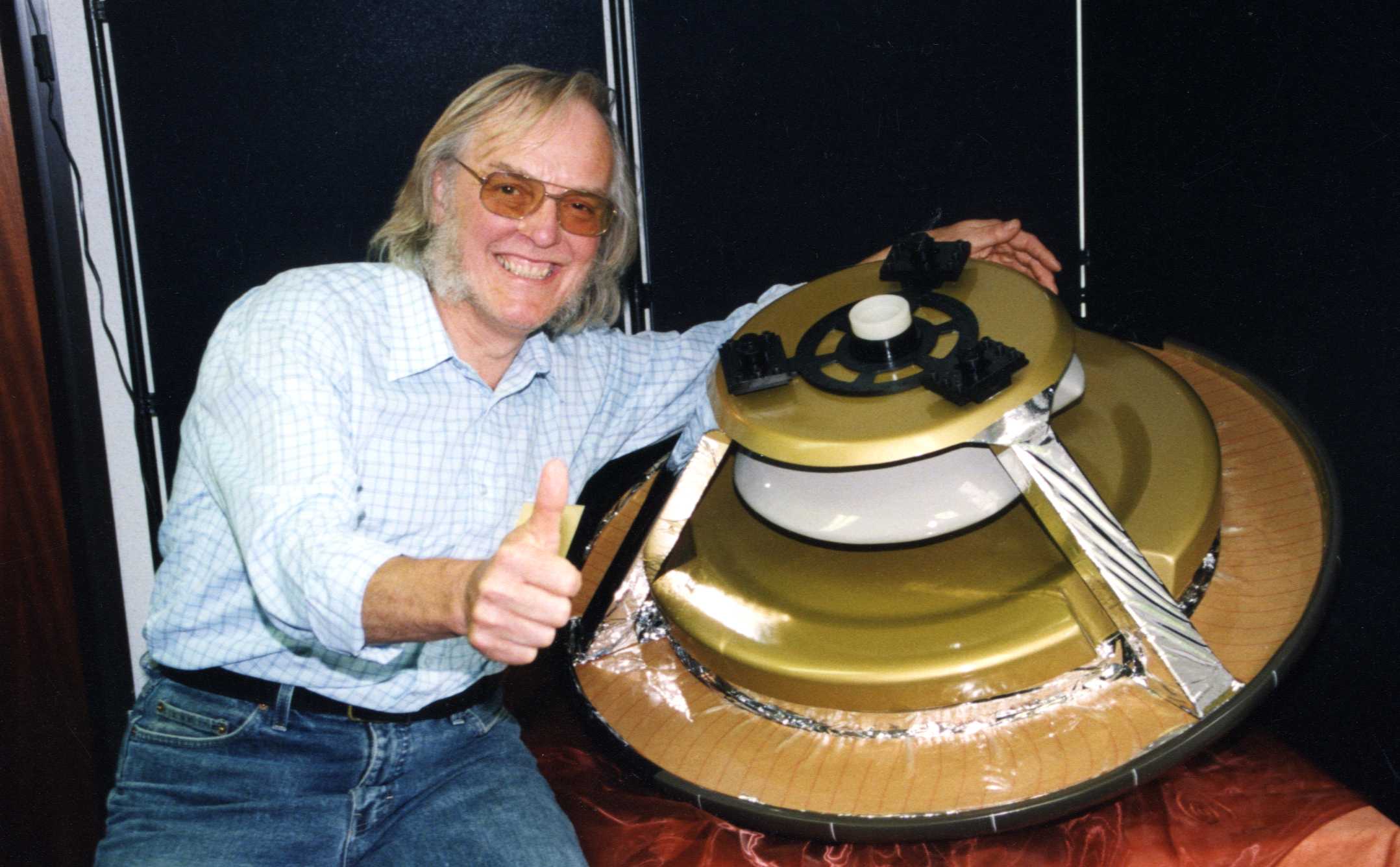OU News
News from The Open University
- Home
- Spotlight on OU Research Projects at 50
Spotlight on OU Research Projects at 50
Posted on • Around the OU, Education, languages and health, Science, maths, computing and technology, Space

As The Open University celebrates its 50 anniversary, we look back at some of the research projects which have shaped the course of OU research over the last 50 years.
First ever landing on a comet
The arrival of Professor Colin Pillinger (featured above) and his planetary science research group from Cambridge in 1983 – heralded the beginning of planetary sciences at the Open University and later involvement in many space missions.
In 2014, OU Space Science academics led the development of the Ptolemy instrument, part of the ROSETTA space mission, which landed on Comet 67P/Churyumov-Gerasimenko and will advance our understanding of the environment around a comet.

ROSETTA has some similarities to Mars Express Beagle 2 led by Professor Pillinger in 2003, in that it involves both an orbiter and a lander, but also because both approaches lend themselves to real world applications:
- Rosetta spectrometer expertise was used to develop a novel diagnostic test for tuberculosis;
- A solution for air monitoring that will be used on board future UK submarines;
- Establishing a UK capability for the first time and breaking a 30-year US monopoly; and
- To develop a “sniffing” technology for the world’s largest flavour and fragrance company, Givaudan.
Changes in computing
Computing has changed significantly since the OU began in 1969.
In 1981, The Open University released its first mass distribution of disk-based software, aimed at teacher education necessitated by the growing adoption of ‘microcomputers’ as they were then called.
Today, computing and communications technologies are embedded into many aspects of daily life, from education and entertainment to health and wellbeing.
Research in the OU’s School of Computing and Communications, and Knowledge Media Institute, focusses on the use of technology to enhance human experience, addressing real problems that matter to a society where computing is increasingly ubiquitous. Examples are:
- Leading on MK:Smart to use Milton Keynes as a smart city model.
- Development of novel haptic technologies to help stroke patients to walk again
- The first Animal-Computing Interaction research facility

Read more about OU Research in the Faculty of Science, Technology, Engineering and Mathematics
From depression to e-therapies
The Health Studies Research Group, led by Professor Cathy Lloyd and Dr Mathijs Lucassen, includes ground-breaking work both nationally and globally in mental and physical health which informs curriculum and current practice. The Group works closely with researchers in several sub-Saharan Africa countries, tackling the problem of co-morbid diabetes and depression, and in New Zealand where it has been developing e-therapies for young people with poor mental health, and has just embarked on a mental health project in Guyana.
Understanding ageing as a social phenomenon
The Centre for Ageing and Biographical Studies (CABS), established by Professor Sheila Peace and colleagues, continues to thrive under the guiding hand of Dr Aravinda Guntupalli, and provides opportunities for interdisciplinary research both within and outside the OU as it stretches its understanding of ageing as a social phenomenon.
Promoting an inclusive approach
The pioneering Social History of Learning Disabilities (SHLD) group, led by Dr Liz Tilley, has been instrumental in advocating the vital contribution that people with learning disabilities make in order to promote an inclusive approach and the development of person-centred services. The SHLD group continues to inspire admiration, trust and respect both nationally and internationally.
Read more about OU research in the Faculty of Wellbeing, Education and Language Studies
Find out more about OU Research on our dedicated research website.